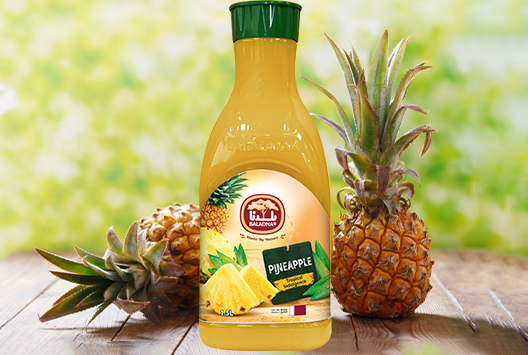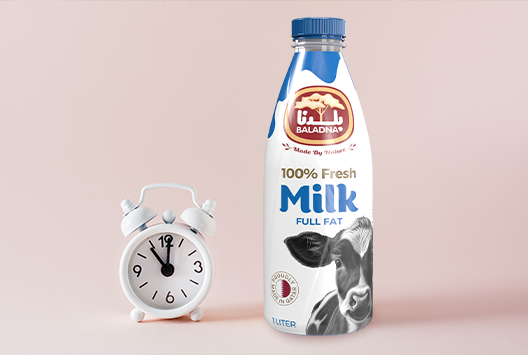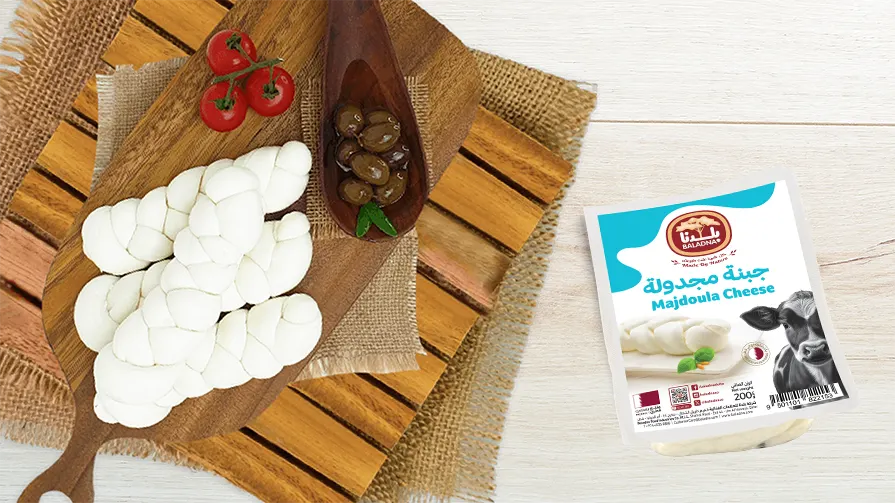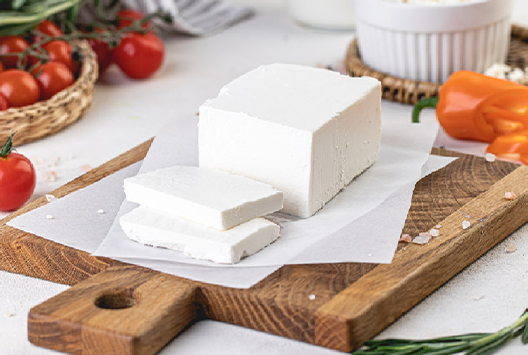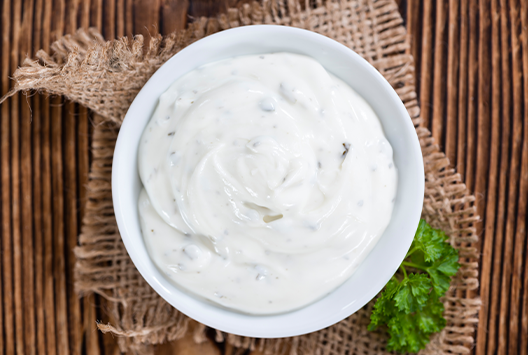
28 August, 2025
Baladna Back to School Song Lyrics – Unity & Inspiration
Baladna Back to School Song Lyrics – Unity & Inspiration
0:000:00
The day awakens, and together we rise,
ابتدى الصبح وقعدنا .. كلنا من النوم
The sun spills joy across a world prepared.
واشرقت شمس السعادة وكل شي جاهز
When Mila arrives, our faces bloom with smiles,
من تجي ( ميلا ) ابتسمنا للحياة كل يوم،
Her touch is magic, her spirit a gentle flame that carries us forward.
عندنا ( ميلا ) وسحرها وهي لنا حافز
Our Baladna, we all walk together,
بلدنا .. لا مشينا كلنا ..
On every path we take to school each day, each day.
بكل طريق نسلكه للدراسة كل يوم كل يوم..
Our Baladna, we all rejoice together,
بلدنا .. لا فرحنا كلنا ..
In every success we achieve in our studies each day. each day.
بكل نجاح نكسبه فالدراسة كل يوم كل يوم


